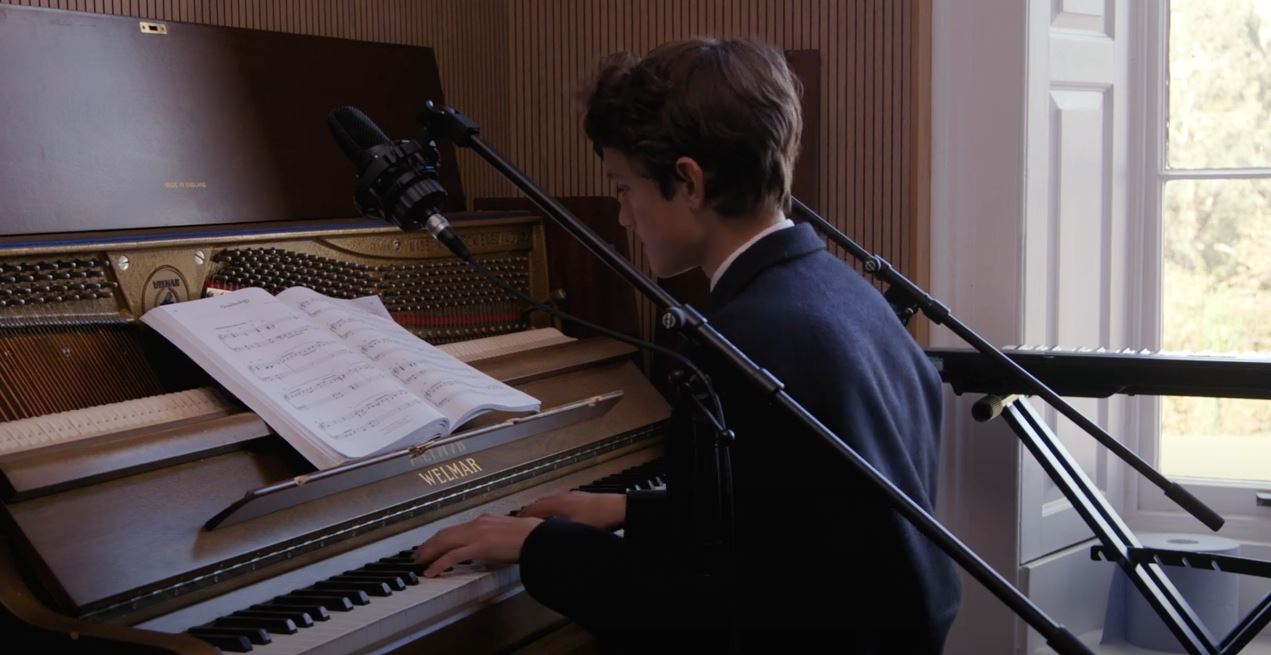Studying Music at A-Level and for Higher Education will open many doors to the wide variety of musical careers on offer. However, there are many different ways into the world of professional music. You can study for a degree, but you can also ‘earn while you learn’ as an apprentice, or get paid while you work as an intern.

